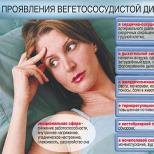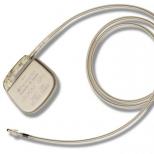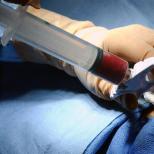Rare pulse and blood pressure
The pulse shows how rhythmically the heart muscle contracts; normal values for an adult are 65–85 beats / min. Any deviations are a sign of a violation of the work of the heart under the influence of negative external and internal factors. Often there is a sharp slowdown in heart rate - a rare pulse, the causes of such a pathology can be very dangerous.
Important! Rare pulse (bradycardia) - a decrease in performance in an adult below 60 units. Pathology does not depend on blood pressure, but is more common in hypotensive patients.
A rare pulse does not always indicate the presence of pathologies. Indicators may decrease with changing weather conditions, prolonged stay in a cool room, cold water. Often this phenomenon is hereditary, occurs with overwork, lack of physical activity, always accompanies the aging of the body.
Why does the pulse become rare:
- physiological reasons - a decrease in performance is observed at rest, during sleep, a low pulse always occurs in the morning;
- pathological bradycardia - develops against the background of changes in the conduction functions of the heart;
- organic myocardial damage - post-infarction state, ischemia;
- endocrine disruptions, disorders in the thyroid gland;
- tumors of various origins in the brain, high intracranial pressure;
- infectious diseases, severe types of intoxication;
- neurosis, stress, physical and mental overwork.
Often a rare pulse is a consequence of long-term drug therapy. The heart rate slows down with VVD, heart attack, electrolyte imbalance.
With absolute bradycardia, heart rate indicators do not depend on any factors, a rare pulse in a person is constant. Relative bradycardia occurs in professional athletes, develops against the background of typhus, meningitis, feverish conditions.

Rare pulse and blood pressure
Bradycardia is diagnosed in hypertensive patients, hypotensive patients, people with normal blood pressure.
A rare pulse at normal pressure does not greatly affect the general well-being of a person. This type of bradycardia occurs in people who regularly play sports, especially if the training involves intense aerobic exercise. If, in this condition, severe weakness occurs, dizziness, nausea occurs - the reasons lie in congenital or acquired cardiac pathologies.
A rare pulse and low blood pressure are considered by doctors to be among the most severe pathologies - against the background of a constant oxygen deficiency, irreversible processes develop in the brain cells. The cause of such symptoms is severe hypothermia, starvation, trauma to the cervical and thoracic spine, and poisoning.
A rare pulse with increased pressure develops against the background of a weakening of the sinus node, blockade of the heart muscle, and disturbances in the functioning of the thyroid gland. Bradycardia in hypertension is difficult to treat because blood pressure lowering drugs slow the heart rate even further. And medicines that normalize the heart rate can cause a pressure jump upward.
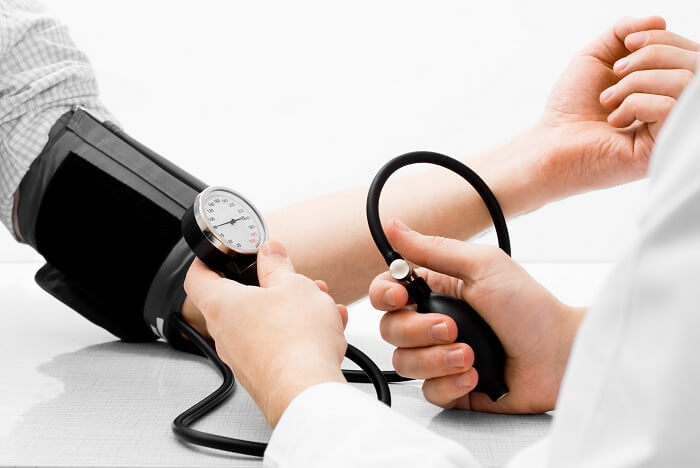
With a rare pulse, the supply of oxygen to all internal organs worsens, which leads to increased fatigue, dizziness, confusion, and fainting.
Causes of a rare pulse in women and children
In women, a rare pulse often occurs with hormonal imbalances - at puberty, during pregnancy, during menopause, before menstruation.
Menopause is accompanied by functional bradycardia, changes in heart rate are not provoked by heart pathologies, but by a decrease in the level of sex hormones in the blood.
In children, the pulse rates are much higher, reaching the adult level by the age of 15. The main causes of bradycardia are poisoning with toxic substances, congenital pathologies of the heart and brain, infectious diseases, overwork. The child is more sensitive to changes in climatic zones, which is reflected in the heart rate.
Important! A child can be diagnosed with moderate bradycardia - the pathology occurs with respiratory arrhythmia, a rare pulse is observed with deep breathing during sleep.
Basic Treatments
If the pulse has become less frequent, attacks occur frequently - it is necessary to undergo a thorough diagnosis in order to identify the true cause of the pathology. The treatment of bradycardia is carried out by a cardiologist, a neuropathologist.
In the treatment of bradycardia, drug therapy, pacing are used; in severe forms, an implant is sewn in, which normalizes the heart rhythm.
Main drugs:
- Sympathomimetics - Isadrin. The drugs are effective, but have many side effects, so they should be taken only under the constant supervision of a doctor.
- Caffeine, Askofen - hypertensive patients should not be taken, with normal and low pressure, 1-2 tablets should be consumed per day.
- Zelenin drops - take 15 drops twice a day a quarter of an hour before meals, dilute in 120 ml of warm water beforehand.
- Alupent, Kogitum - means for raising heart rate indicators.
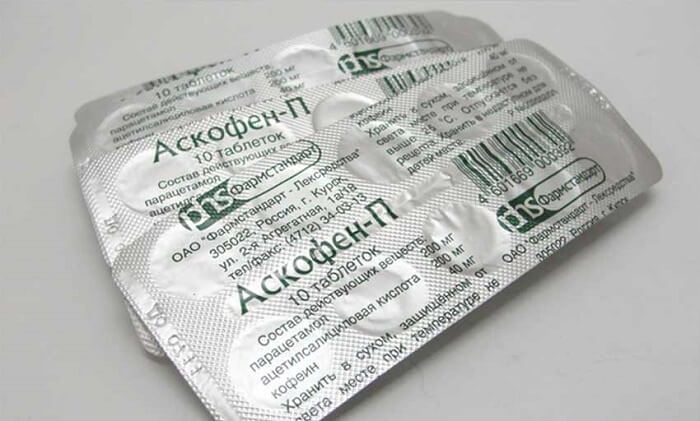
With high blood pressure and a rare pulse, inhibitors and diuretics are prescribed; hypertensive patients should not increase their pulse with drinks and drugs with caffeine and exercise.
Most often, the treatment of bradycardia is carried out in a hospital, since the disease requires careful diagnosis, constant monitoring of heart rate indicators.
Treatment with folk remedies
Important! With a pulse rate below 40 units, folk and traditional medicines should not be used - this condition is very dangerous, urgent medical care is needed.
If a rare pulse is caused by emotional overstrain, nervous breakdowns, high blood pressure, Corvalol will help. Kali should be taken three times a day before meals, 20 drops.
What to do with an attack of bradycardia? A hot bath, ear massage, contrast shower, and a little warm-up help to normalize the heart rate.
Simple exercises to increase heart rate at home:
- Raise both hands up, hold for 10 seconds, lower.
- Make a few sharp squeezing and unclenching movements with the left hand - this exercise helps to cope with pain.
- Make a few gentle head turns. This is a natural remedy that acts on the cause of the disease, completely preventing the risk of getting a heart attack or stroke. Hypertonium has no contraindications and begins to act within a few hours after its use. The effectiveness and safety of the drug has been repeatedly proven by clinical studies and many years of therapeutic experience. The opinion of doctors ... "
A rare pulse may indicate the presence of serious diseases, or have a physiological origin. If seizures appear frequently, accompanied by a sharp deterioration in well-being, it is necessary to undergo a complete examination in order to diagnose and eliminate the cause of the pathology in time. To prevent a decrease in heart rate, it is necessary to streamline the daily routine - get enough sleep, eat regularly, devote time to active rest.
How to cure hypertension permanently?
According to statistics, about 7 million deaths each year can be attributed to high blood pressure. But studies show that 67% of hypertensive patients do not suspect at all that they are sick! How can you protect yourself and overcome the disease? Dr. Alexander Myasnikov told in his interview how to forget about hypertension forever ... Read more... »


